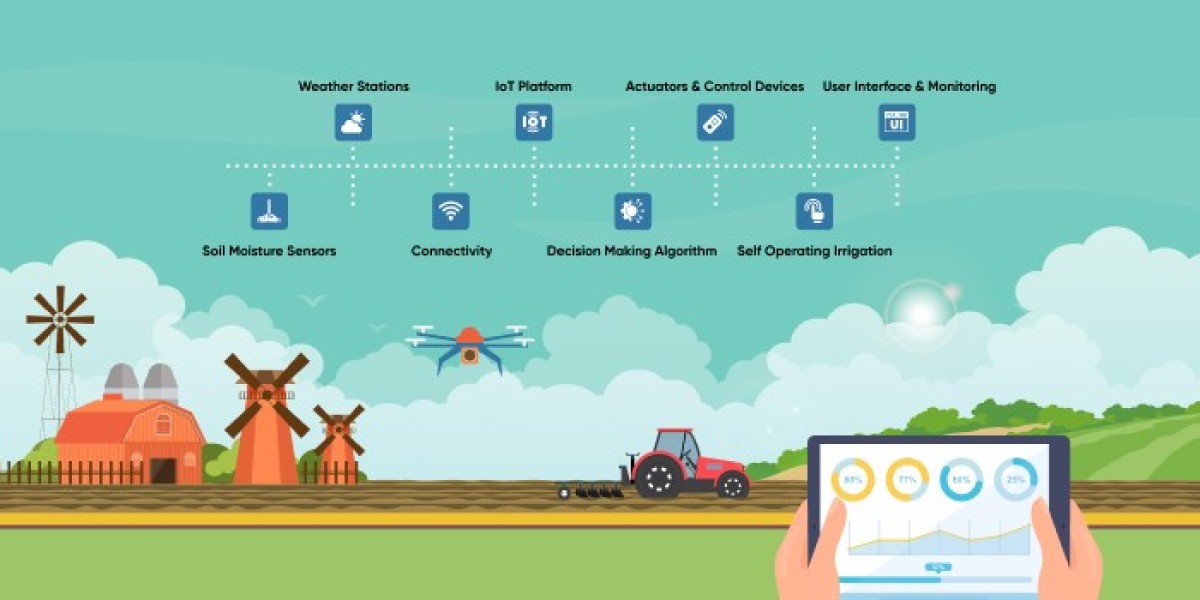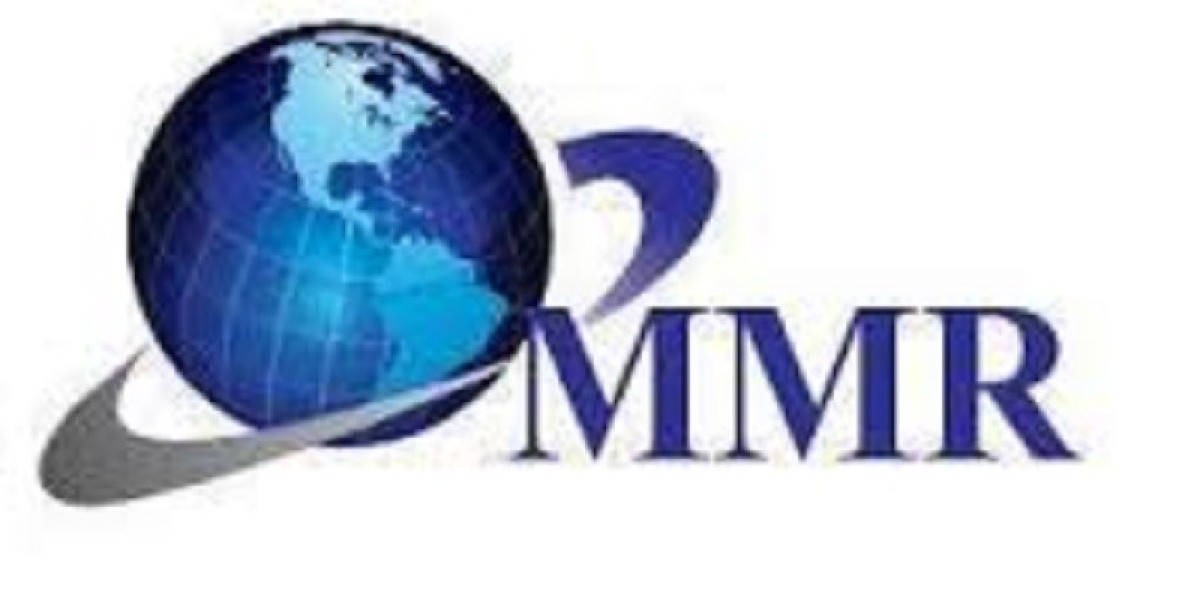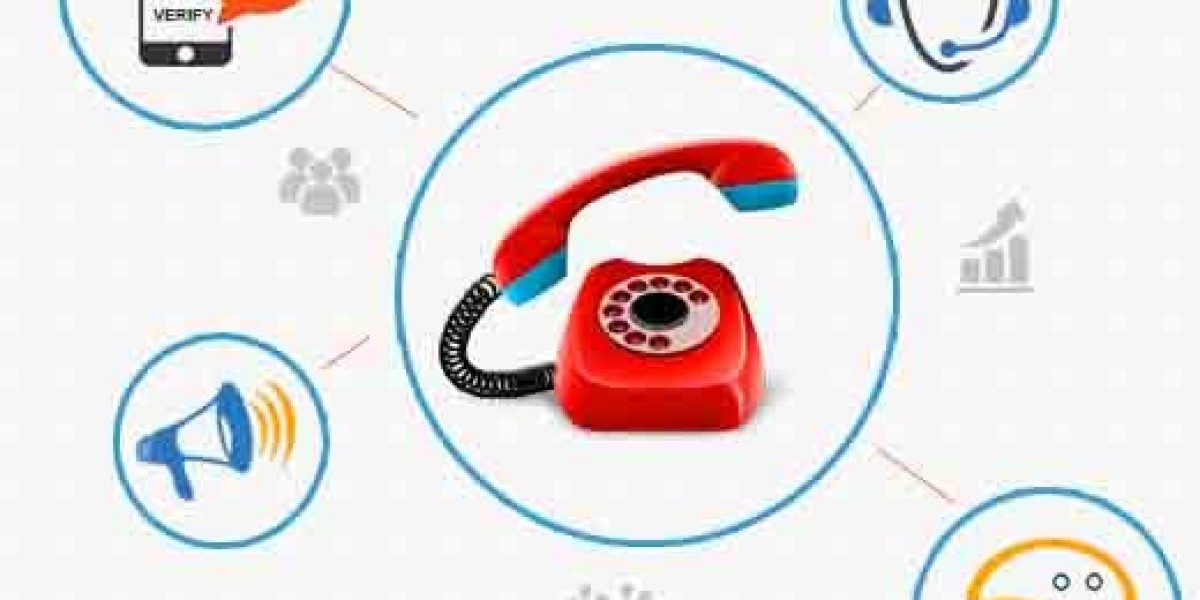Industrial IoT (IIoT) is changing the way industries operate. It is a network of devices connected through the internet to collect and exchange data. These devices, like sensors and machines, help businesses monitor their systems, improve efficiency, and reduce costs. When it comes to industries like water management, IoT is proving to be a game changer.
What is Industrial IoT?
Industrial IoT refers to the use of internet-connected devices in manufacturing, agriculture, and water systems. It involves sensors, machines, and other devices that collect and share real-time data. With the help of IoT, industries can gather data from machines, analyze it, and use it to improve their operations.
In water management, this technology is being used to monitor water systems, detect leaks, and even manage water usage more efficiently. The benefits are clear: IoT not only makes processes smarter but also helps reduce wastage and costs.
Smart Water Management with IoT
smart Water management is a crucial aspect of sustainability. By integrating IoT into water management systems, industries can better monitor water usage. For example:
- Smart water meters: Allow for real-time tracking of water consumption.
- Smart water management systems: Help optimize how water is distributed and used, ensuring efficiency.
- IoT device management for water: Enables remote monitoring of water systems, detecting issues like leaks or low water levels promptly.
How Does IoT Help with Water Monitoring?
IoT plays a significant role in water system management. Key benefits include:
- Real-time monitoring: Devices can track and monitor water levels, usage, and issues, improving response time.
- Automated processes: Smart water systems can automatically adjust based on weather or usage data, reducing waste.
- Faster troubleshooting: With connected devices, issues like leaks can be identified quickly, reducing downtime and preventing wastage.
Improving Agriculture with IoT
In agriculture, IoT is helping farmers manage water resources more effectively. Some advantages include:
- Smart irrigation systems using IoT: Automatically adjust watering schedules based on soil moisture levels and weather forecasts.
- Water conservation: Farmers use real-time data to ensure crops receive the right amount of water, reducing waste.
- Energy savings: Efficient irrigation reduces energy usage for water pumping.
The Future of Industrial IoT in Water Systems
As the world continues to focus on sustainability, the role of IoT in water management will become even more important. With IIoT, industries can:
- Improve efficiency: Real-time data allows for smarter decision-making in water usage.
- Enhance sustainability: IIoT helps with better water conservation, reducing waste and ensuring that resources are used responsibly.
- Drive innovation: As more devices become connected, IoT will open doors to new, more efficient water management solutions.
Conclusion
In conclusion, Industrial IoT is transforming industries, especially in water management. With connected devices like smart water meters, smart irrigation systems using IoT, and improved IoT device management for water systems, businesses can achieve better water conservation and management. As IIoT continues to evolve, it promises to bring even more innovative solutions for the future of water sustainability.
By integrating IIoT into water management, industries are not only improving their efficiency but also contributing to the responsible use of water resources, ensuring a sustainable future for all.



